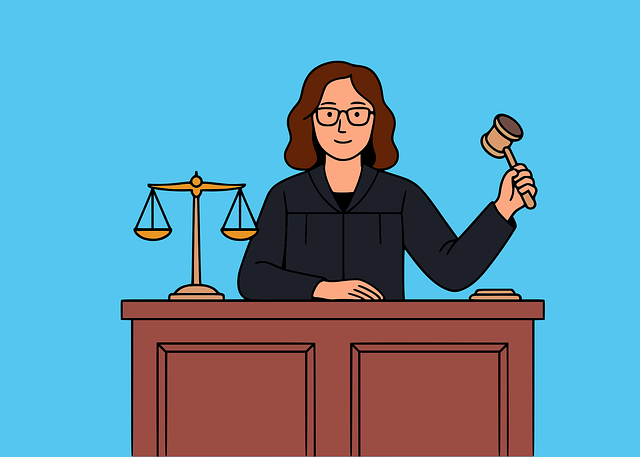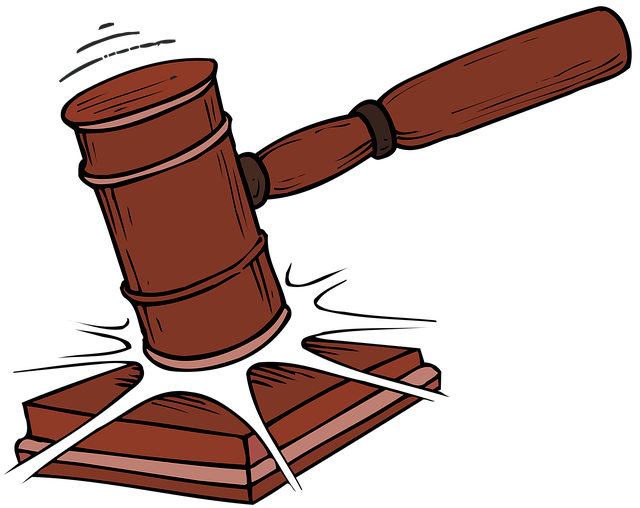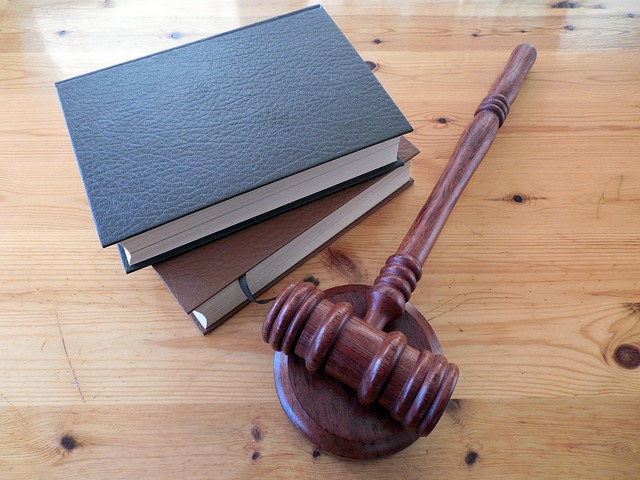Attorneys prepare meticulously for cross-examining witnesses in truck accidents by uncovering financial incentives, prior statements, and potential biases that could affect their testimony. This involves scrutinizing relationships, occupation, and prior experiences to challenge the credibility of accident witness testimony. A thorough background check is crucial to identify conflicts or interests that might influence the witness's recollections, ensuring a fair and accurate representation of the incident.
Attorneys play a crucial role in navigating complex accident witness testimonies, ensuring justice is served. This strategic process involves meticulous preparation and intricate questioning techniques. By delving into potential biases, investigating witnesses’ backgrounds and connections, and testing their memory, legal professionals uncover the truth. Through direct examination, they challenge perceptions and clarify details. Additionally, strategic questions help unravel inconsistencies, leaving no stone unturned in seeking a fair outcome. Understanding how attorneys deconstruct accident witness testimony is essential for recognizing the intricacies of legal strategy.
- Preparation: Uncovering Potential Bias and Motivations
- – Understanding the witness's background and relationship to the case
- – Investigating their involvement in the accident or connection to the parties involved
Preparation: Uncovering Potential Bias and Motivations
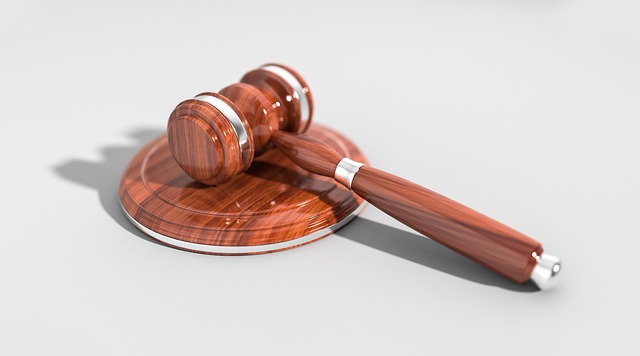
Before confronting a witness on cross-examination, attorneys meticulously prepare by uncovering potential biases and motivations that could influence their testimony. This involves an in-depth review of the witness’s background, including their relationships to the parties involved in the case, any financial incentives, and prior statements made about the incident. A truck accident lawyer, for instance, would carefully examine a potential witness’s connection to a transportation company or insurance providers, as these ties could cloud their objectivity in a commercial dispute involving property damage claims.
By delving into these areas, attorneys aim to expose any ulterior motives that might shape the witness’s recollection of events. This strategic preparation allows for more effective cross-examination, where counsel can challenge the credibility of the accident witness testimony and highlight inconsistencies or contradictions.
– Understanding the witness's background and relationship to the case

Understanding the witness’s background is a critical step in effectively cross-examining accident witness testimony. This includes delving into their relationship to the involved parties, occupation, and any prior experiences or biases that could influence their perceptions. For instance, a witness with a history of working in the same industry as one of the attorneys or having a personal connection to a defendant might bring a different perspective to the table. Such insights can help attorneys anticipate potential weaknesses in the testimony and tailor their questions accordingly.
Furthermore, when examining accident witness testimony, it’s crucial to consider the context beyond just the incident at hand. In cases involving medical malpractice or wrongful death claims, for example, a witness’s understanding of medical procedures or their ability to recall specific details could be questioned. Even in seemingly unrelated scenarios like partnership disagreements, where an accident might serve as collateral damage, understanding the witness’s motivation and potential conflicts ensures a comprehensive and unbiased evaluation of their testimony.
– Investigating their involvement in the accident or connection to the parties involved
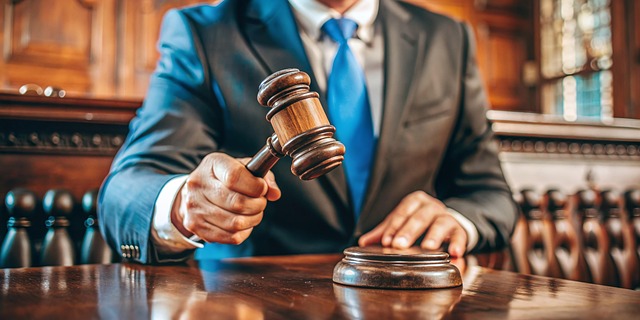
When examining accident witness testimony, attorneys must delve into the witness’s background and involvement to uncover potential biases or conflicts. This investigation is crucial as it helps assess the reliability and credibility of their recollections. By questioning their connections to the parties involved, whether it’s a personal relationship or financial interests, lawyers can expose any ulterior motives that might influence their testimony. Understanding how deeply the witness is entangled in the incident or related matters, such as insurance disputes or even caregiver abuse allegations, is essential for constructing a robust challenge during cross-examination.
Furthermore, in certain scenarios, an accident witness’s testimony could have implications extending beyond the initial event. For instance, in employment contracts where workplace injuries are concerned, witnesses might have motivations unrelated to the truth, leading to distorted recollections. Lawyers must be adept at navigating these complexities, ensuring that every aspect of the witness’s involvement and relationship is scrutinized to present a fair and accurate account of the accident in question.
Cross-examining accident witness testimony requires meticulous preparation. By delving into the witness’s background, relationships, and any potential biases or motivations, attorneys can uncover crucial details that may sway the outcome of a case. Understanding their connection to the incident or parties involved is essential in navigating the complexities of accident witness credibility. Through strategic questioning, legal professionals can expose inconsistencies, challenge reliability, and present a compelling alternative narrative, ultimately ensuring a fair assessment of the evidence.
